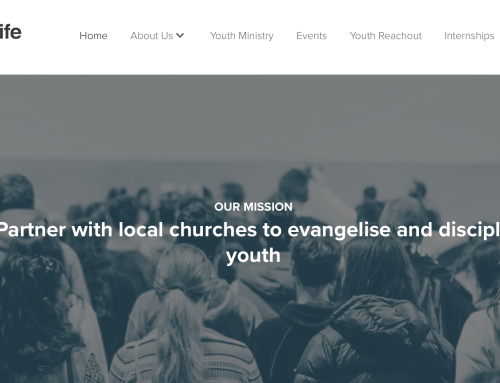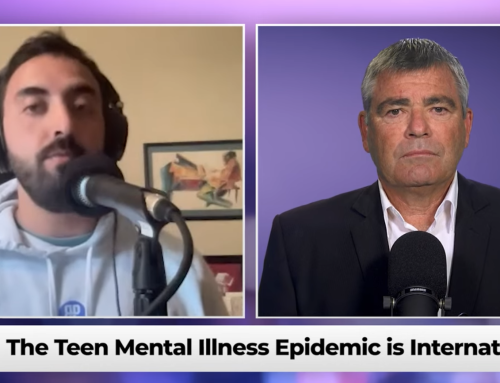Intro: I remember when I led my first network of youth leaders. I was full of enthusiasm, and we achieved some really good things together. We did a lot of things right by following the pattern of those who had led the youth groups before us.
That pattern has now been lost to most places in NZ. Furthermore, I’m 25 years older and have led a few things since. I’ve met with pastors’ groups literally hundreds of times discussing how intentional outcomes could be achieved.
This booklet summarises some key principles and goals – to fast-track you to some perspectives that really could help.
PDF booklet: Click here.
Discussion questions for youth leaders together in their city/town:
- What did the article say was the primary purpose of a united group?
- Is independence wrong? (when, and why / why not?)?
- What is the process suggested for a united church or youth leaders gathering – and why is each point important?
- What things might we need to unite for as a group? What might we be able to achieve or facilitate together that we couldn’t achieve apart? (Certainly please consider the 3 points included in this article – but also the fact that your friendships and resource-sharing in other areas will strengthen all of you, and your ministries!)
- As a first step, what could we agree on to do together? (Will we all equip our youth for conversational outreach? How about an event purposed to connect our youth – so they can begin to support each other and pray together in their schools? A combined outreach event?)





